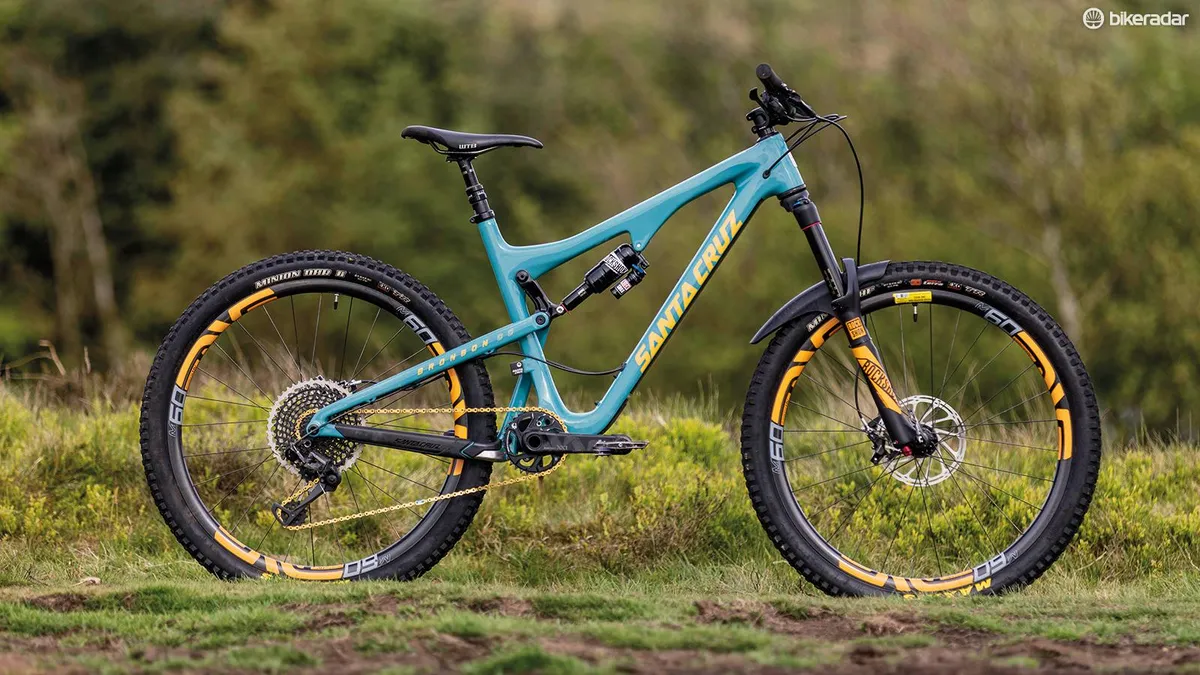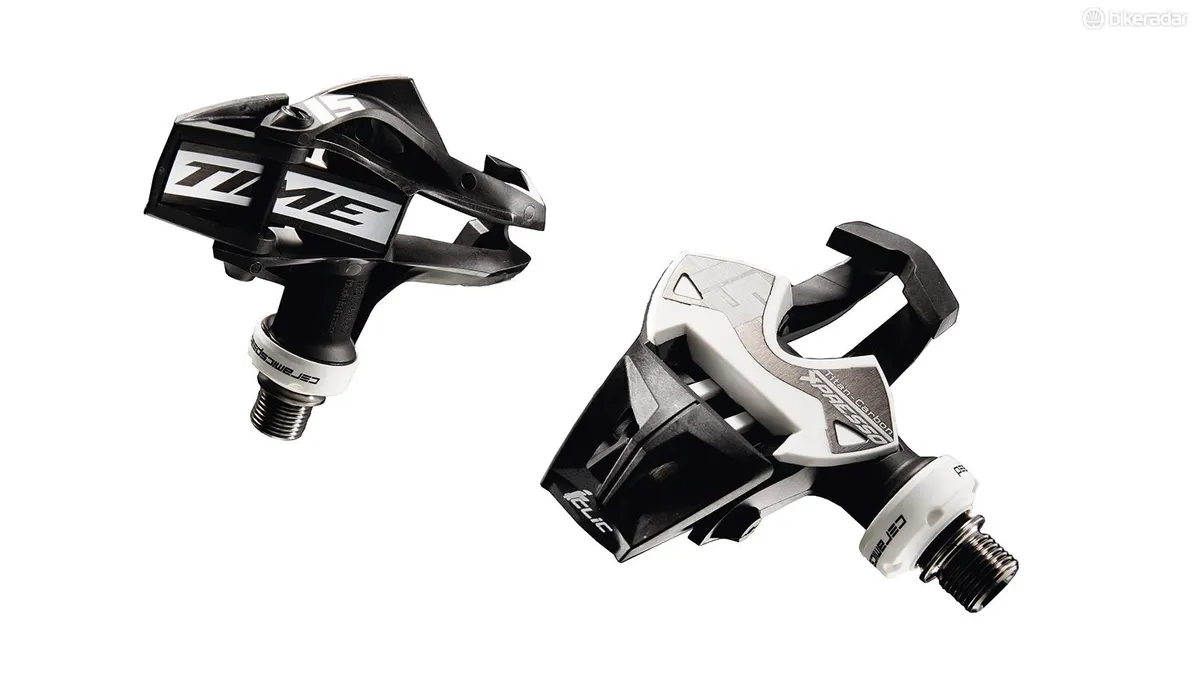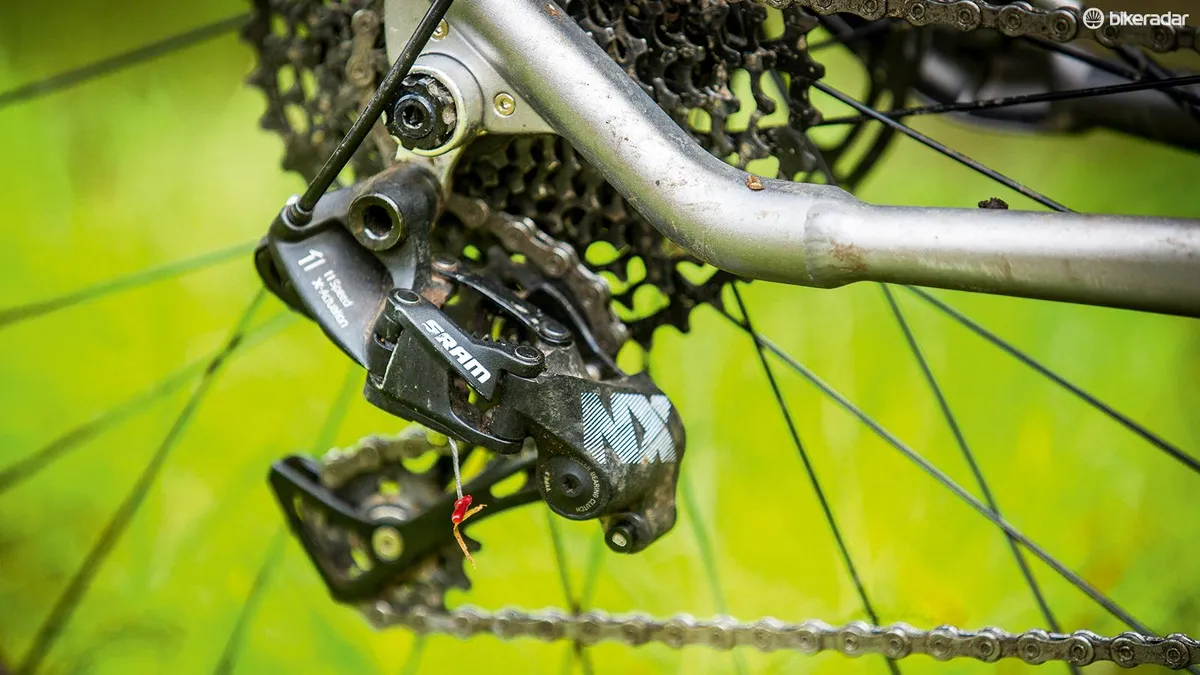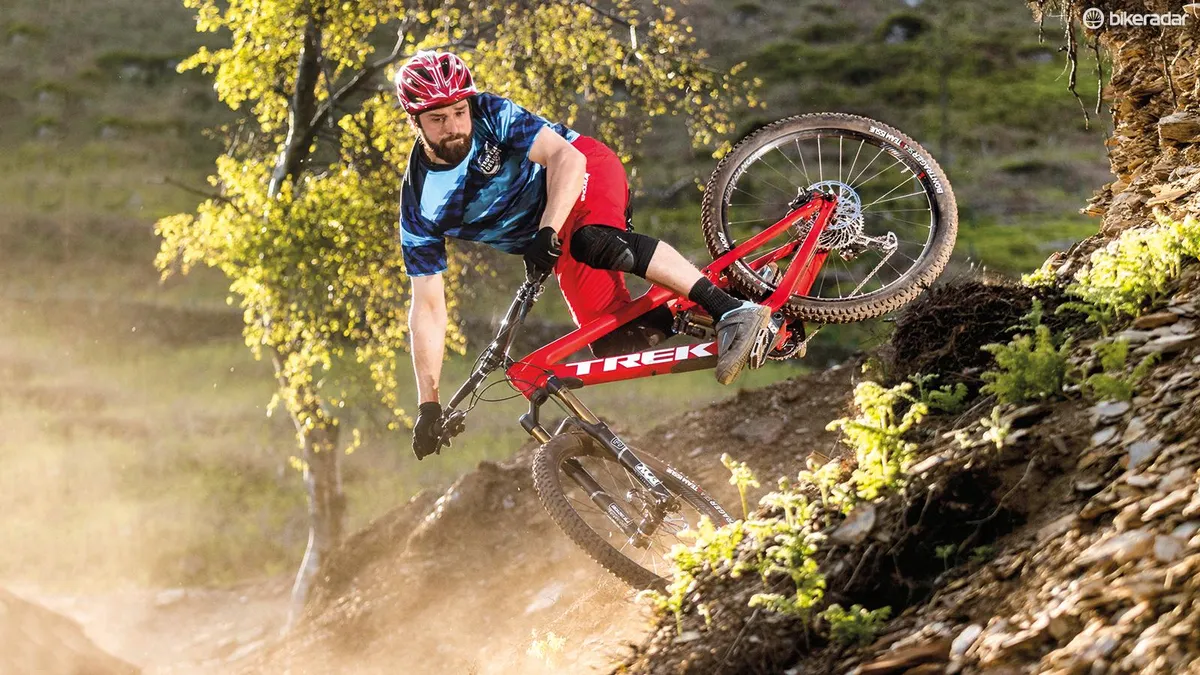Having the ultimate would be fantastic, right? All problems solved. You’ve already daydreamed about the carbon wonders that will fill your garage just as soon as those pesky lottery numbers come up.
If you’re like me, you’ve also daydreamed about the garage. The glittering tools. The rumble of the roller doors. The organic-metallic smell of cars and motorcycles shrinking towards the vanishing point… an ocean of curvaceous paintwork in which bicycle reflections arch like the backs of supermodels.
But life persists in keeping £9,000 bikes out of reach of most of us. It also seems keen on giving lottery jackpots to clearly undeserving types who’re quite blatantly not you, which is the reason they’re clearly undeserving. Although when I say you, I mean me.
As incredible as high-end bicycles are, however, there’s one thing all that money can’t buy. And that’s a reason to upgrade.
When every part of your bike is the best, where is there to go? That’s actually a tragedy, because slowly, thoughtfully improving your bike is one of the great pleasures in cycling. It’s what makes a bike truly yours.

It’s all about deferred rewards. Most of us wish we could simply point a credit card at, say, a set of carbon wheels and be riding them ten minutes later. That’s natural.
There’s another major benefit to upgrading things one at a time. It’s the only way to truly assess if, how and why a new part works
Some even imagine it’s their own credit card. Whatever floats your boat. But waiting for nice things, as we’re forced to do by financial reality and exasperating laws about just running out of shops with your arms full, actually brings greater rewards anyway.
Interestingly, a 1970 experiment by psychologist Walter Michel found that children who could delay gratification (not eating one cookie now in order to get two later) were more likely to do better in school, earn more in work, have fewer problems with addiction and be less likely to end up in prison. So being able to wait isn’t just about bleak self-denial, it’s actually a successful social strategy in itself.
So, where’s the extra cookie in waiting for a better bike, instead of having it now?
Be honest: there’s pleasure in all that research among friends, online, in bike shops and in magazines. There’s pleasure in poring over specs, reviews and prices to zero in on that perfect blend of bang and buck. There’s pleasure in learning about your hobby, understanding how it all works and uncovering what’s right for you — and what’s just overpriced.

There’s another major benefit to upgrading things one at a time. It’s the only way to truly assess if, how and why a new part works. If you really can have everything at once, you lose that. You’ll never know what part created the benefit and what part didn’t.
So what, you might say. So what? A perfect bike doesn’t need upgrading. True! But how do you know it’s actually perfect? Let’s face it, unless you’re a perfect rider, you’re not going to be able to completely exploit it. Which means that a different, theoretically ‘lesser’ bike could actually suit you just as well or even better. If you haven’t experienced anything different you can’t know.
So while riders who can afford the ultimate superbikes certainly get an incredible experience once onboard, arguably they’re being short-changed on the broader world of bikes. They’re missing out seemingly onerous steps that really have a value of their own. In solving all your material problems, you create philosophical ones.
I don’t want this to sound like some defensive attempt to justify a lack of funds as somehow superior. That wouldn’t make sense. I’m saying that the true cost of the very best superbikes could be more than just financial.
And anyway, somebody needs to be buying these cutting-edge new bikes, because they drive the innovation from which we all benefit. When SRAM introduced the 1x11 XX1 drivetrain in 2012, few could afford its £900 tag — but enough did. Now, in 2017, the technology has trickled down the range to the £250 NX group. Sub-£1,000 hardtails routinely feature 11-speed today and it’s a big benefit.

The point is, affordable bikes aren’t standing still any more than those at the top. For instance, the Specialized Rockhopper Comp I bought for £550 in 2003 had rim brakes, a coil fork and 26in wheels. Adjusted for inflation that would be over £800, yet the 2017 Rockhopper Comp is £675… with hydraulic disc brakes, an air fork and 29in wheels.
So the benefits of deferred gratification are obvious, whether the choice is forced on us or not. Over time, we enjoy most of the progress without having to spend most of the money. And along the way we get to upgrade, personalise and perfect our increasingly customised rides – getting pleasure from them even while we’re not riding.
And that’s good, because here we all are! On the internet. Reading about cool new bits and bikes, instead of riding them…
